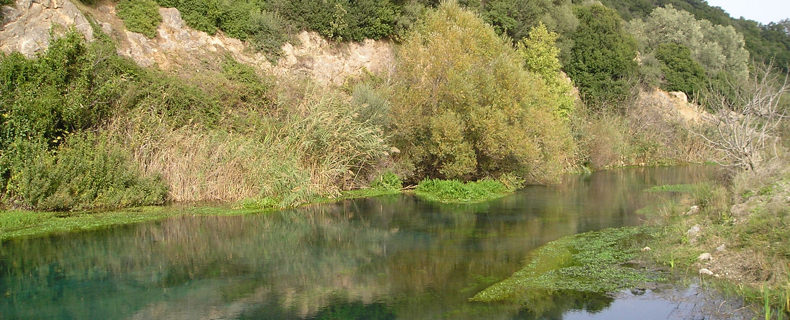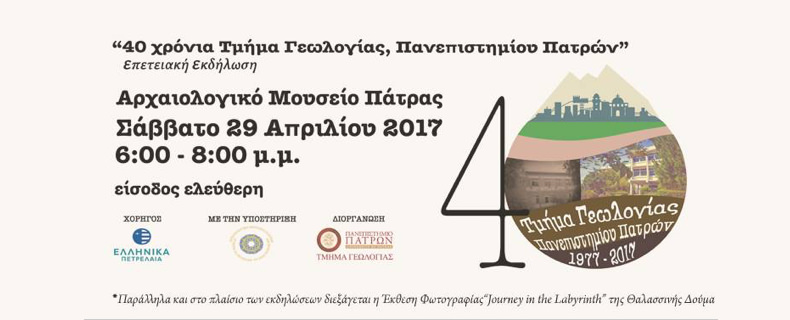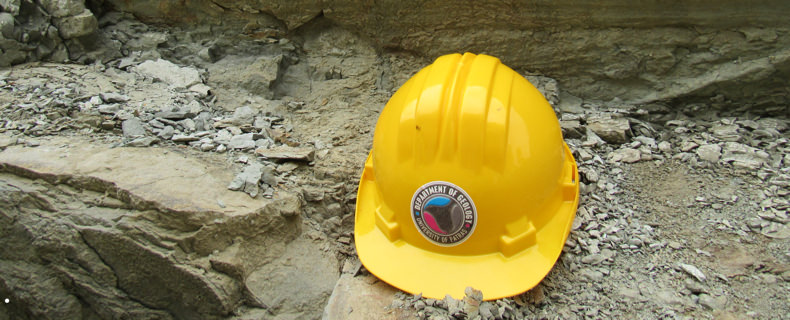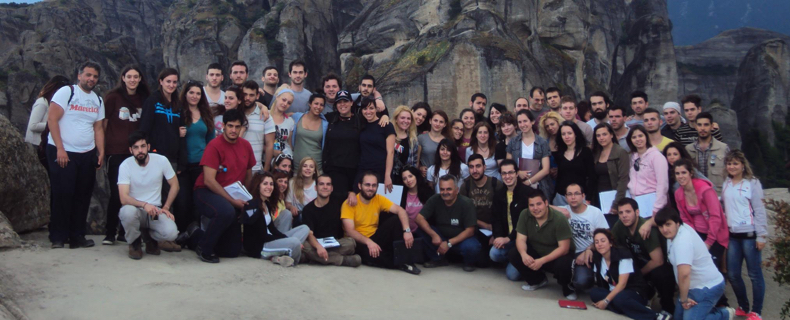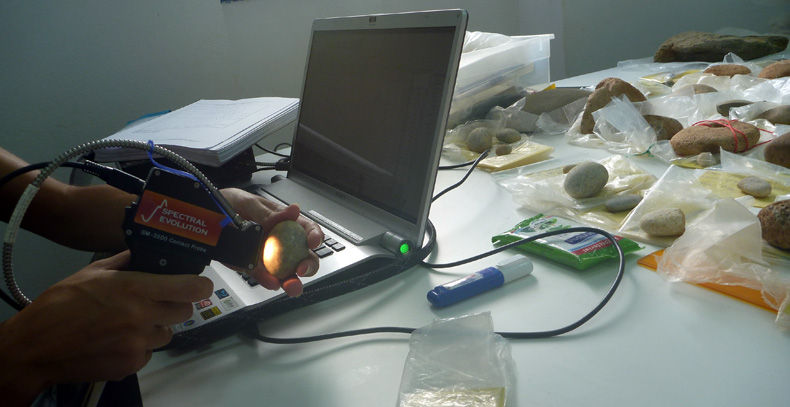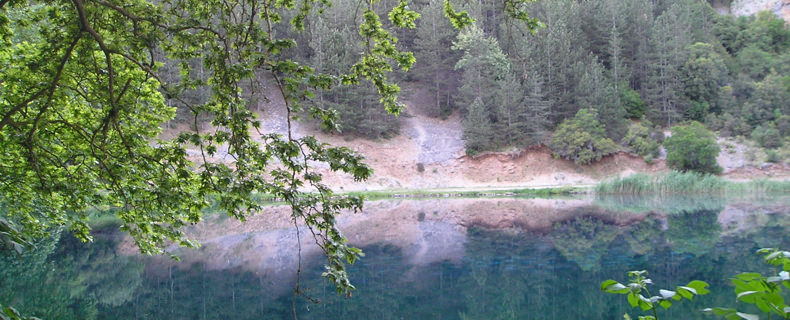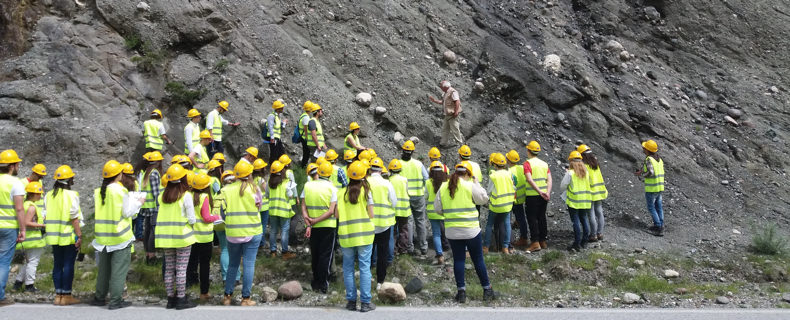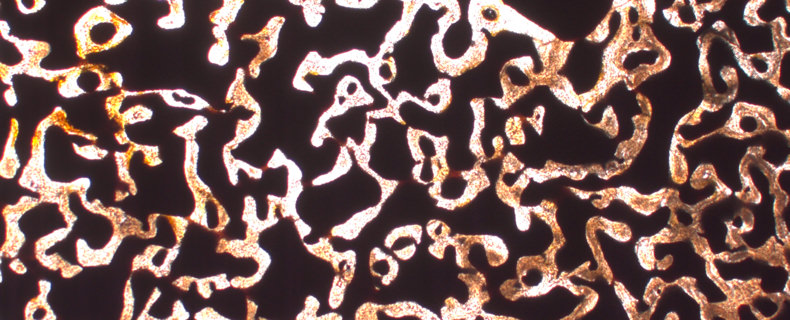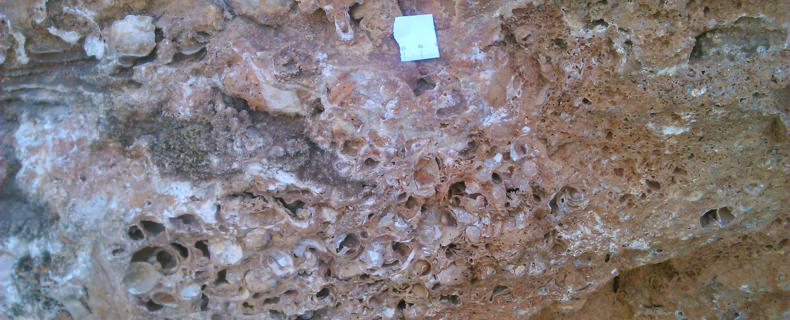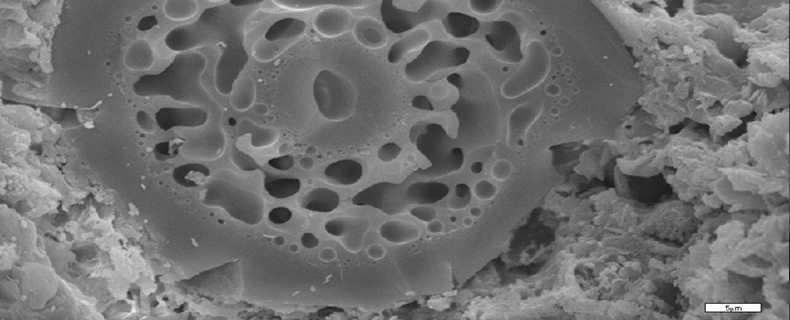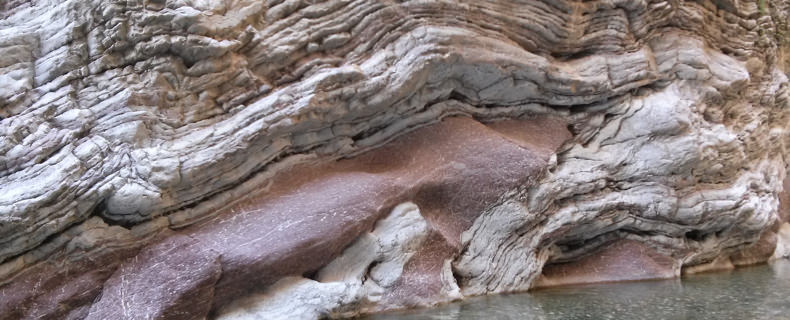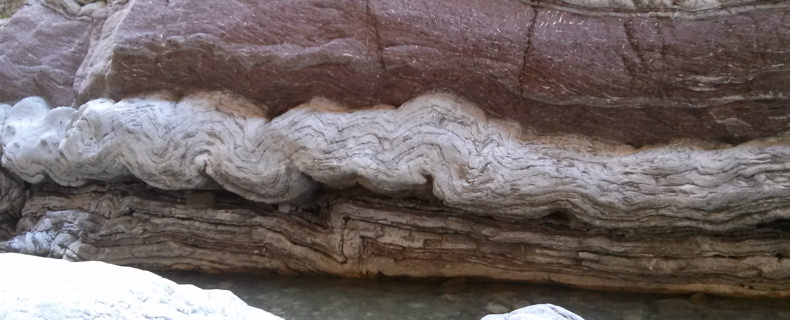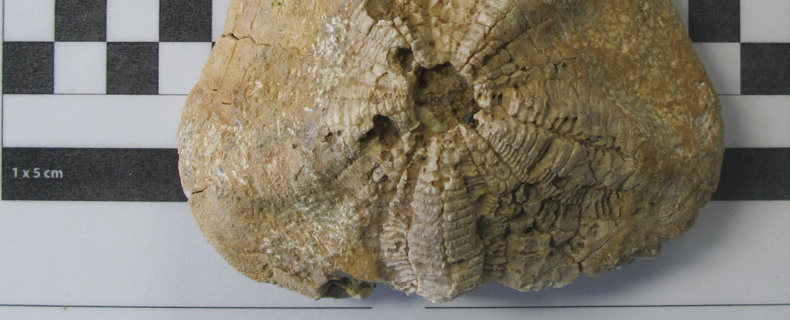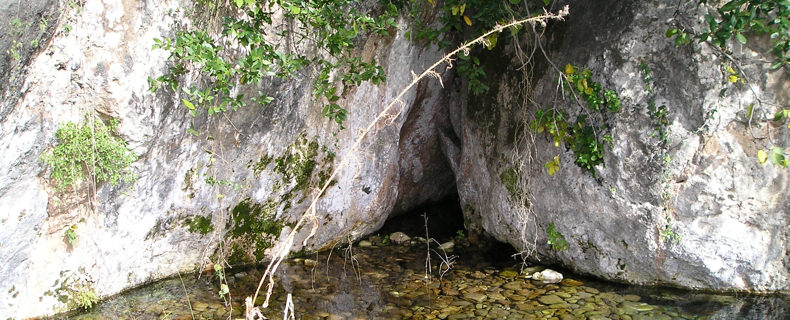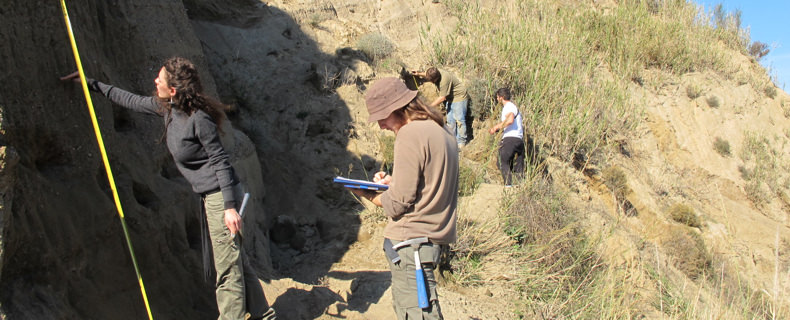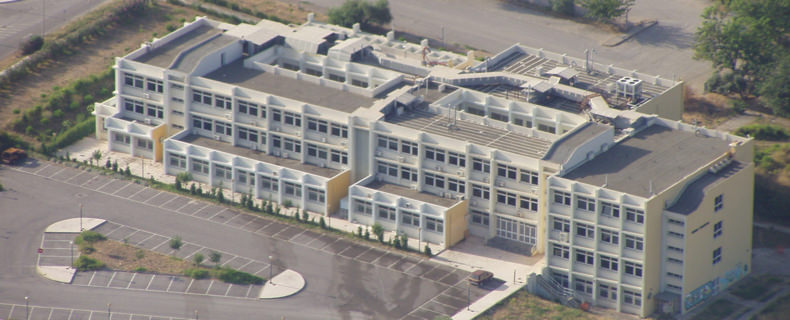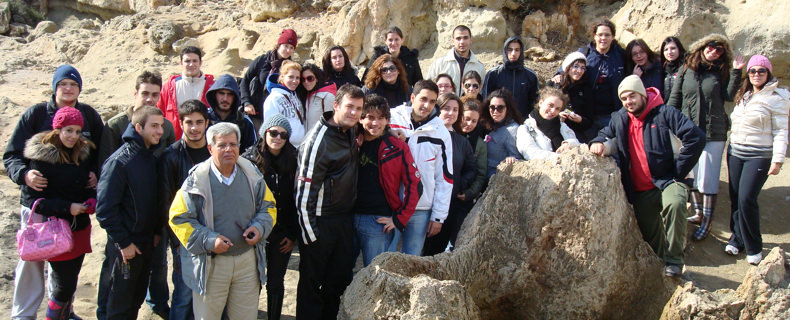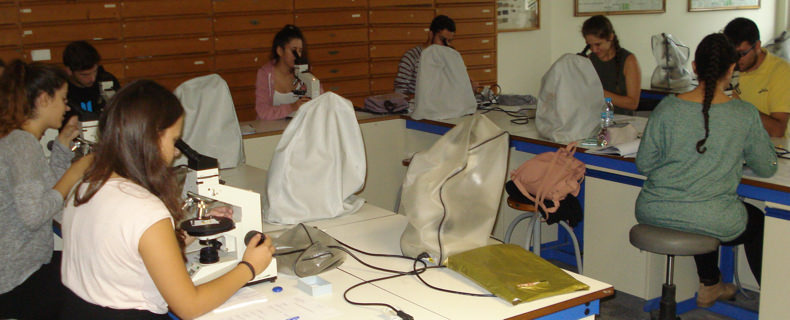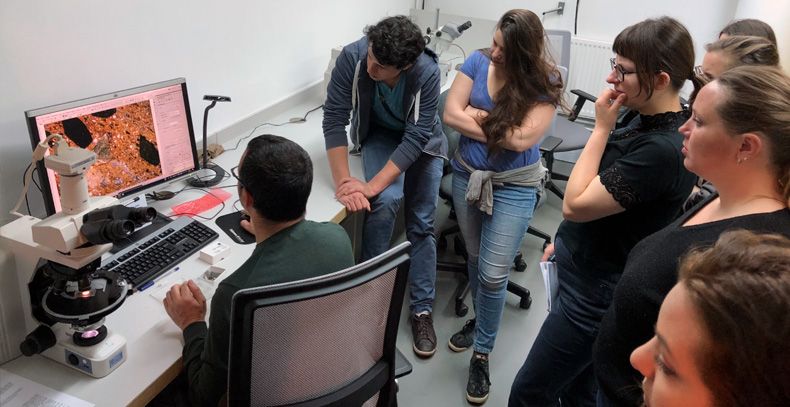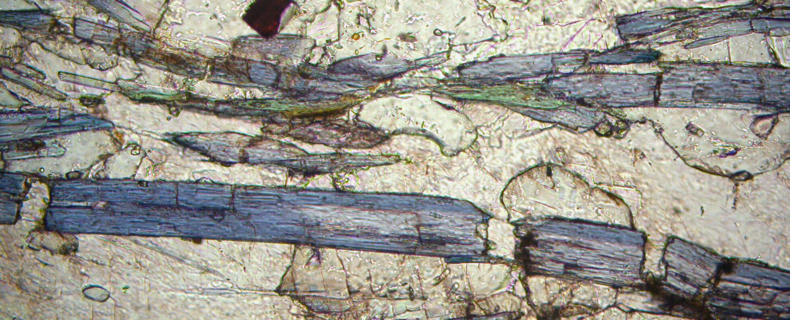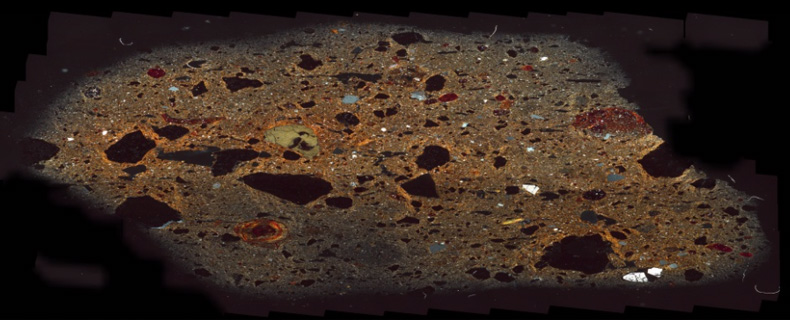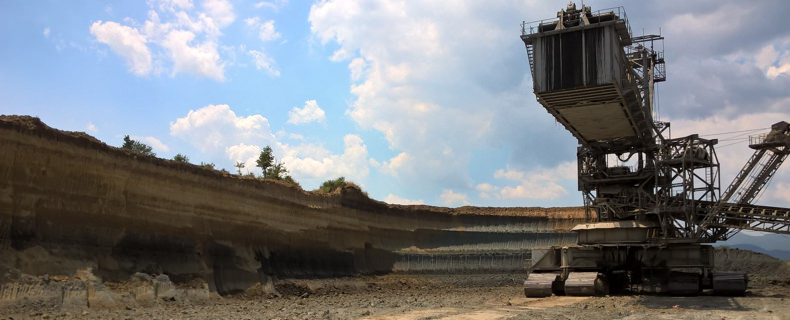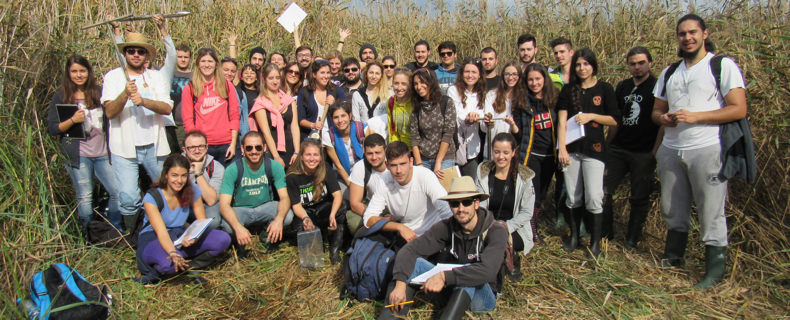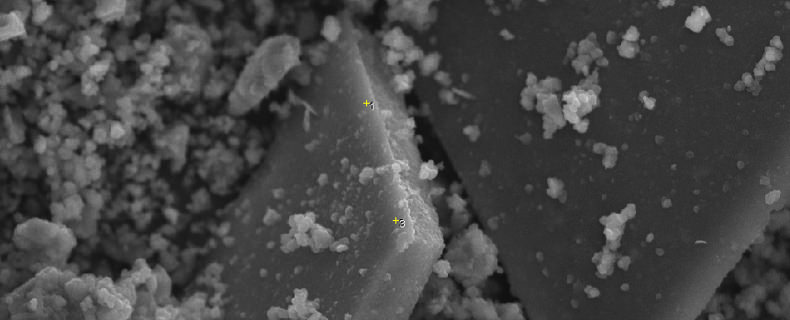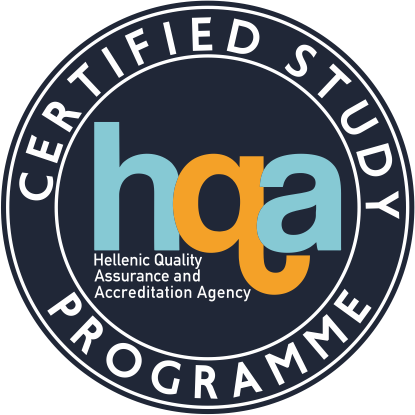| School |
Natural Sciences |
Academic Unit
|
Geology Department |
Level of Studies
|
Undergraduate |
Course Code
|
GEO_703E |
| Εξάμηνο σπουδών |
6ο |
Course Title
|
Coal Geology |
Independent Teaching Activities
|
Lectures, seminars, laboratory work |
Weekly Teaching Hours
|
2 (lect.) + 1 (lab.) + 1 (tut.) |
| Credits |
3 |
Course Type
|
Field of Science and Skills Development |
Prerequisite Courses
|
Typically, there are not prerequisite courses. Essentially, the students should possess knowledge provided through the theoretical courses Mineralogy, Petrology, Geochemistry, Tectonics, Sedimentology. |
Language of Instruction & Examinations
|
Greek |
Is the Course offered to Erasmus Students
|
Υes, in English |
| Course Web-Page (URL) |
https://eclass.upatras.gr/courses/GEO374/ |
Learning Outcomes
|
By the end of this course the student will
- Have a spherical view of the geology of peat and coal deposits and the factors controlling their formation.
- Be acquainted with the methods and techniques applied in the exploration and the exploitation of peatlands and coal deposits.
- Be aware of the major world and domestic peatlands and coal deposits.
- Be able to assess the potential environmental impacts from the use of peat and coal.
By the end of this course the student will, furthermore, have developed the following skills:
- Ability to exhibit knowledge and understanding of the essential facts, concepts, theories and applications which are related to peat/coal formation.
- Ability to apply this knowledge and understanding to the solution of problems related to peatlands and coal deposits.
- Ability to adopt and apply new methodologies/techniques to solve problems dealing with the peat/coal exploration.
- Study skills needed for continuing professional development.
- Ability to interact with others in geological or interdisciplinary problems.
|
General Competences
|
Generally, by the end of this course the student will have developed the following general abilities:
- Searching, analysis and synthesis of facts and information, as well as using the necessary technologies
- Adaptation to new situations
- Decision making
- Autonomous (Independent) work
- Group work
- Exercise of criticism and self-criticism
- Promotion of free, creative and inductive thinking
- Respect to natural environment
- Work design and management
|
| Syllabus |
- Origin of coal.
- Peat-forming controls.
- Coalification.
- Types and components of coal.
- The coal deposit.
- Coal exploration
- Exploitation, reserves, production, utilisation
- Coal deposits in Greece
- Environmental Impacts
|
| Delivery |
Lectures, seminars and laboratory work face to face. |
Use of Information & Communication Technology
|
Use of Information and Communication Technologies (e.g. power point presentations) in teaching. The lectures content of the course for each chapter are uploaded on the e-class webpage of the University, in the form of a series of pdf files; the students can freely download them using a password. |
Teaching Methods
|
| Activity |
Semester workload |
| Lectures (2 conduct hours per week x 13 weeks) |
2 X 13 = 26 |
| Laboratory work (1 conduct hour per week x 13 weeks) |
1 X 13 = 13 |
| Tutorial |
1 X 13 = 13 |
| Hours for private study of the student and preparation of home-works |
23 |
| Total number of hours for the Course |
75 |
|
Student Performance Evaluation
|
- Exercises
- During the semester the students have to do homework; the exercises have to be given to the teaching staff on time. This is the basic prerequisite for allowing participation in the final examination.
- Final Examination, including
- Written examination after the semester end, including questions of short and extended replies, diagramme interpretation etc. The mark of the written examination constitutes 50% of the final mark
- Oral examination on the microscope including
- Determination of macerals.
- Questions on the origin of the certain macerals.
The mark of the oral examination constitutes 50% of the final mark.
Minimum passing grade: 5. |
Attached Bibliography
|
Suggested bibliography:
- Christanis K., 1998. Coal Geology. Textbook, University of Patras.
- Diessel C.F.K., 1995. Coal-bearing Depositional Systems. Springer Verlag, Berlin.
- Taylor, G.H., Teichmüller, M., Davis, A., Diessel, C.F.K., Littke, R., Robert, P., 1998. Organic Petrology. Gebrüder Borntraeger, Berlin.
- Thomas, L., 2012. Coal Geology. 2nd Edition, Wiley-Blackwell.
Related academic journals:
- International Journal of Coal Geology (https://www.journals.elsevier.com/international-journal-of-coal-geology).
|


